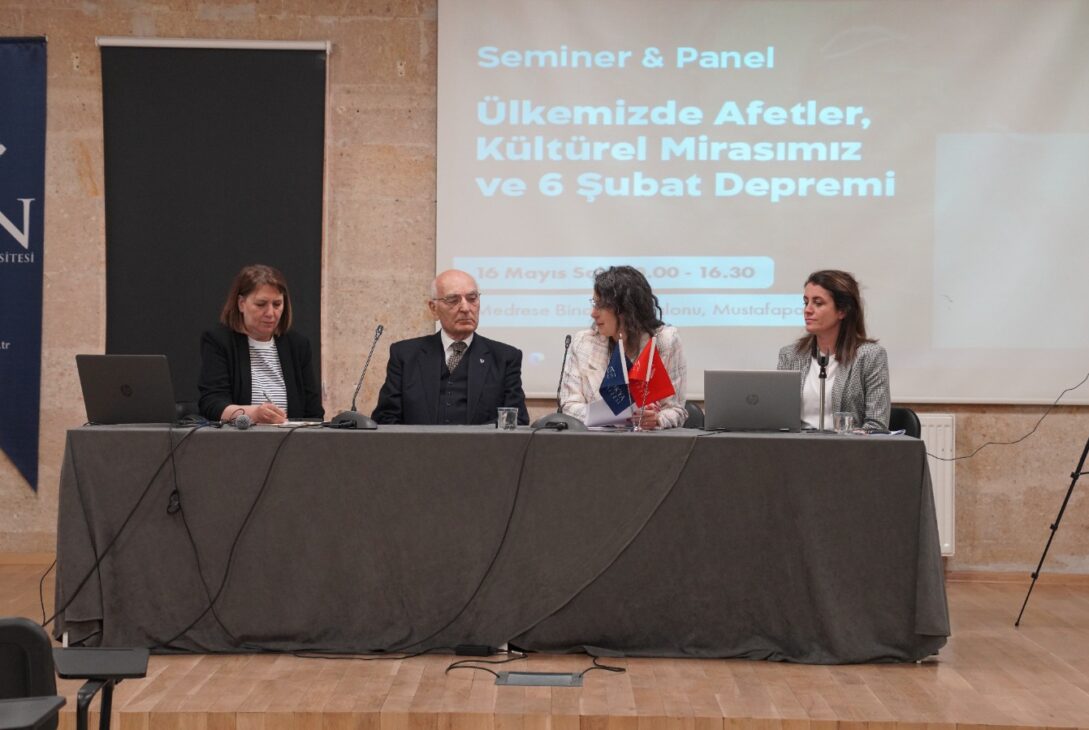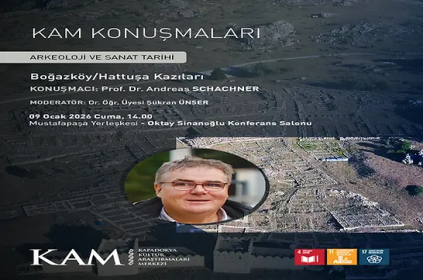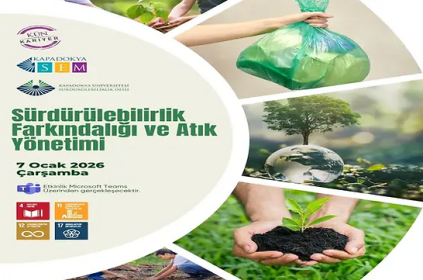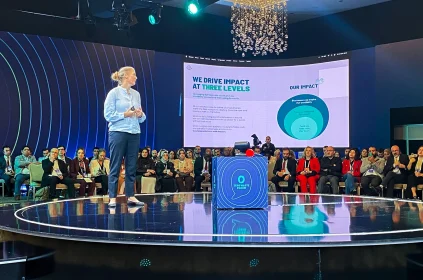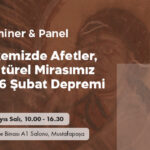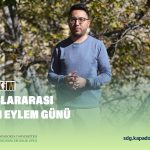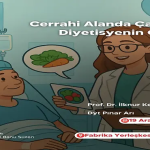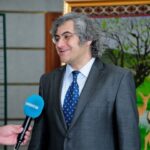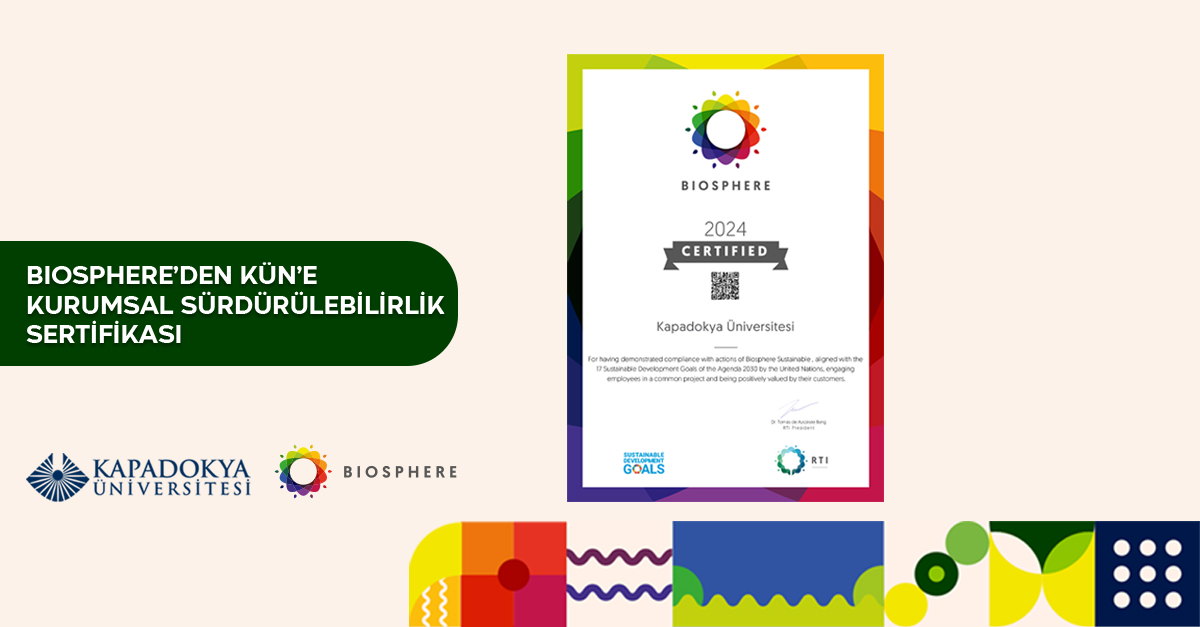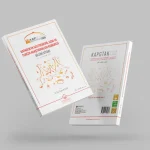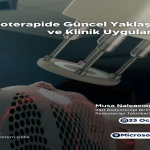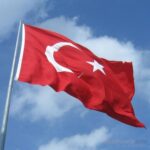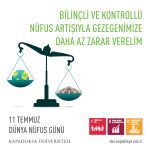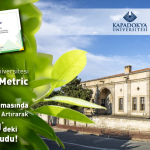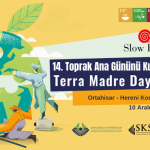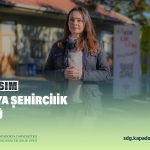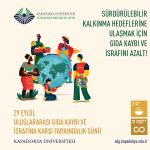Following the significant earthquake that affected many provinces in our country, a series of seminars on “Disasters and Cultural Heritage” and a panel titled “The Future of Our Cultural Heritage in the Aftermath of the February 6 Earthquake” were held at our university, with the participation of expert academics, to assess the state of our rich cultural heritage in relation to disasters.
The event was attended by our Rector, Prof. Dr. Hasan Ali Karasar; Prof. Dr. E. Görün Arun, Dean of the Faculty of Fine Arts and Architecture at Hasan Kalyoncu University; Prof. Dr. Ruşen Keleş, faculty member of the Department of Urban and Regional Planning at Cappadocia University; Prof. Dr. Zeynep Gül Ünal, faculty member of the Department of Restoration at Yıldız Technical University Faculty of Architecture; Dr. Şükran Ünser, Director of Cappadocia Research Center; Dr. Aysun Topaloğlu Uzunel, faculty member of the Department of Archaeology at Kırşehir Ahi Evran University Faculty of Arts and Sciences; and Dr. Funda Solmaz Şakar, faculty member of the Faculty of Architecture at Gebze Technical University.
Organized in collaboration with Cappadocia University’s Cappadocia Research Center and Department of Urban and Regional Planning, the seminar and panel event titled “Disasters in Our Country, Our Cultural Heritage, and the February 6 Earthquake” was held on May 16. The hybrid program consisted of two parts: the first featured seminars on “Disasters and Cultural Heritage,” while the second included a panel discussion on “The Future of Our Cultural Heritage in the Aftermath of the February 6 Earthquake.”
Rector Prof. Dr. Hasan Ali Karasar:
Stating that the February 6 Earthquake was one of the greatest disasters our country has experienced and could perhaps be called the greatest disaster of the last millennium, Prof. Dr. Hasan Ali Karasar said, “Along with the sorrow of losing more than 50,000 lives, we are also grieving the damage to our thousands of years of cultural and historical heritage entrusted to us.”
Noting that studies on our cultural heritage damaged by the earthquakes continue at the Ministry of Culture and Tourism and universities, Karasar stated that the most critical aspects of the seminars and panel organized at KÜN were damage assessments regarding what happened to our museums, historical, natural, and cultural heritage. This is the roadmap to be followed in the future.
Karasar said, “These seminars and panel will discuss what has been done about the ongoing floods, landslides, and other types of disasters, what kind of work exists regarding the protection of historical, cultural, and natural heritage, and what kind of legislation and action plan should be established. I believe all the ideas that will emerge on this subject will be very, very valuable. I would like to thank all our professors who contributed, especially our Cappadocia Research Center Director, Dr. Şükran Ünser,” concluding his remarks.
Cappadocia Research Center Director Dr. Şükran Ünser:
In her introductory speech, our Cappadocia Research Center Director, Dr. Şükran Ünser, spoke about Anatolia’s rich cultural heritage and the importance of preserving this heritage.
Ünser said, “After the great disaster brought by the February 6 Earthquake in our country, we once again understood how essential it is to evaluate the status of our rich cultural heritage, which belongs to the Anatolian lands where many ancient civilizations lived throughout the ages, in terms of disasters. We hope this study will be beneficial in taking measures against disaster risks for our country and the Cappadocia Region.”
Following the seminars, the panel discussion on “The Future of Our Cultural Heritage in the Aftermath of the February 6 Earthquake” included a Q&A session where questions from the audience were answered.


